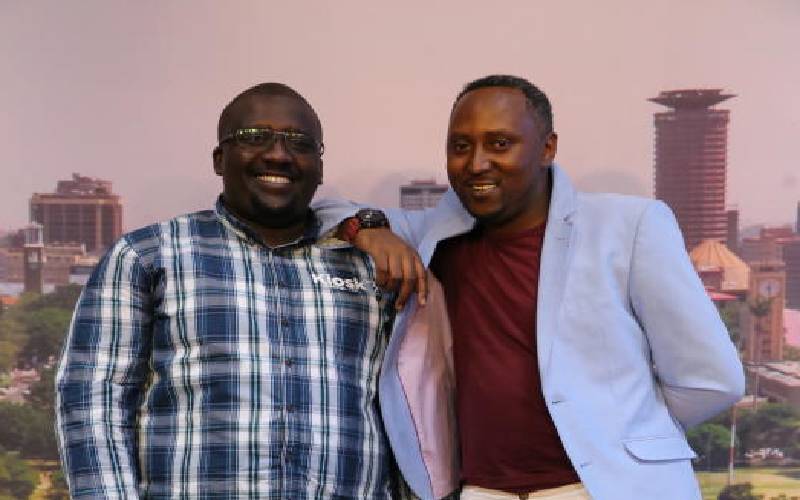×
The Standard e-Paper
Home To Bold Columnists

Kiosk Holdings is an innovative retail company that operates under a social entrepreneurship model. The firm helps potential entrepreneurs get into the retail space by owning and running well managed franchise kiosks.